“Love is nice; marriage is not nice.”
|
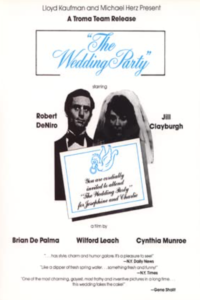
Synopsis:
A young man (Charles Pfluger) and his two groomsmen (Robert De Niro and William Finley) arrive at the island estate where Pfluger will marry his sweetheart (Jill Clayburgh) — but Pfluger soon develops cold feet, and his friends must help him figure out what to do.
|
|
Genres, Themes, Actors, and Directors:
- Brian De Palma Films
- Comedy
- Jill Clayburgh Films
- Robert De Niro Films
- Weddings
Review:
Made five years before Brian De Palma’s breakthrough success with Greetings (1968), The Wedding Party was a reasonably polished student film project completed by De Palma and his classmate Cynthia Munroe with support from their professor, Wilford Leach. It’s very much an experimental product of its time, clearly influenced by the French New Wave, Mack Sennett’s Keystone Kops, classic romantic comedies taking place at an elaborate manor (like The Philadelphia Story), and other cinematic favorites (i.e., Pfluger and his pals dance to “Singin’ in the Rain” at one key point). It received highly mixed reviews upon its release from mainstream critics, with Howard Thompson of The New York Times referring to it as “fresh and funny” but Andrew Sarris of The Village Voice calling it a “broken-legged farce” that “isn’t very funny”. Unfortunately, I land closer the latter sentiment: I appreciate the earnest, cinephilic attempts at creativity and humor, but ultimately find it all tiresome. It’s notable for featuring a VERY young Jill Clayburgh and Robert De Niro in their first feature films (chronologically speaking).
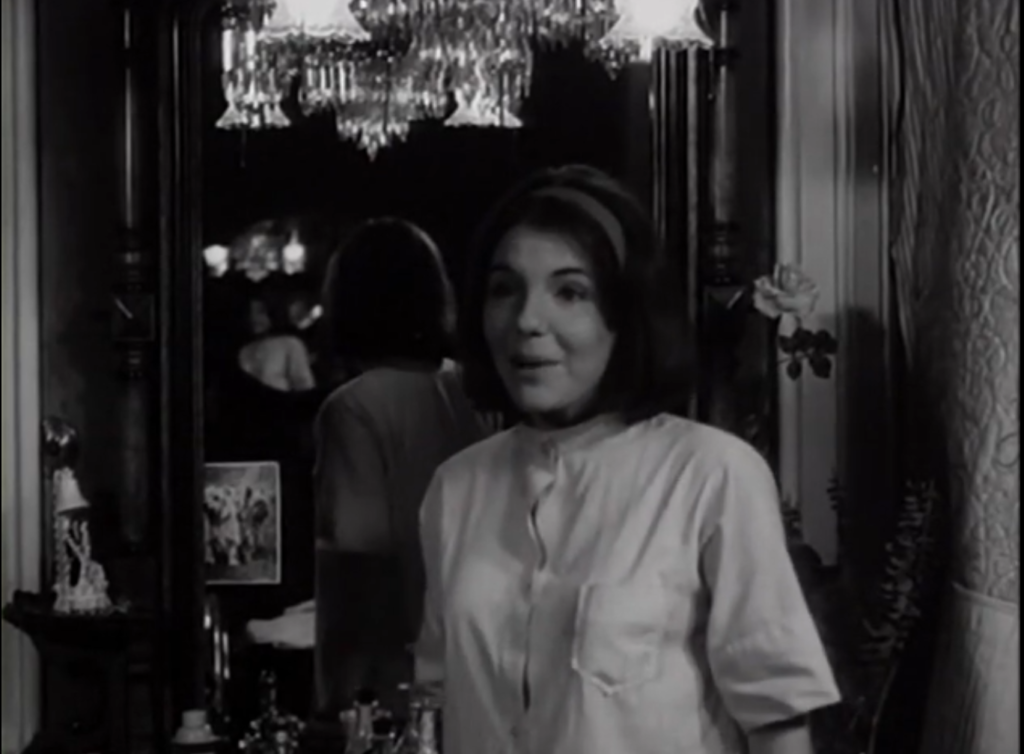
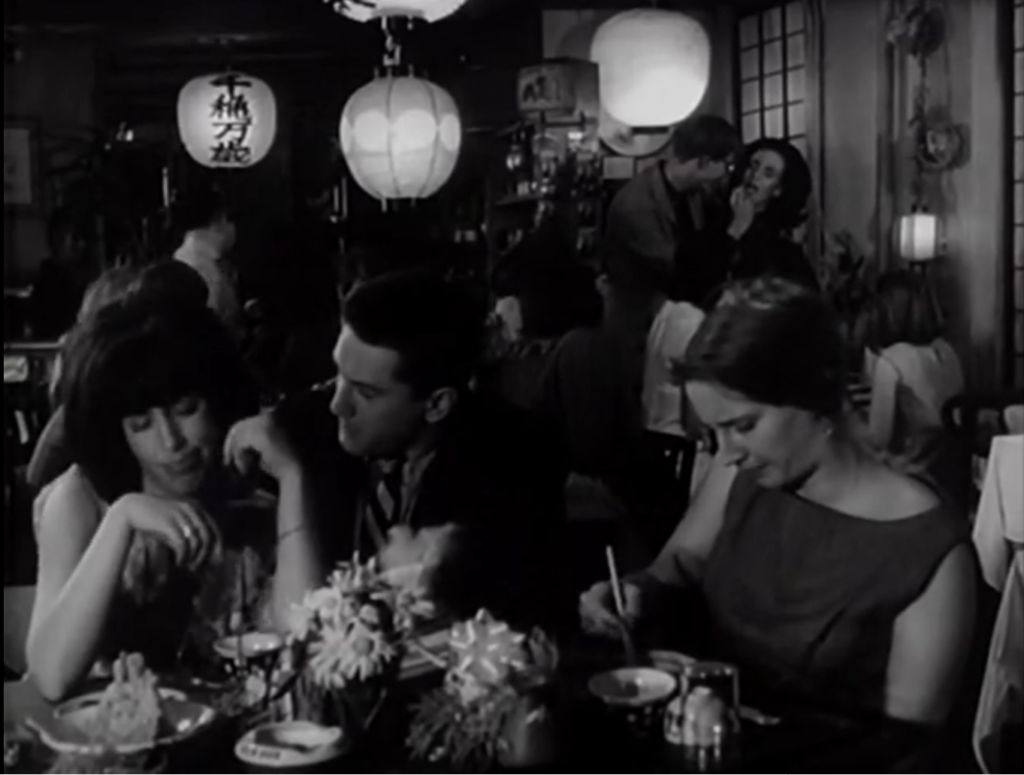
Redeeming Qualities and Moments:
- Evidence of innovative direction and cinematography
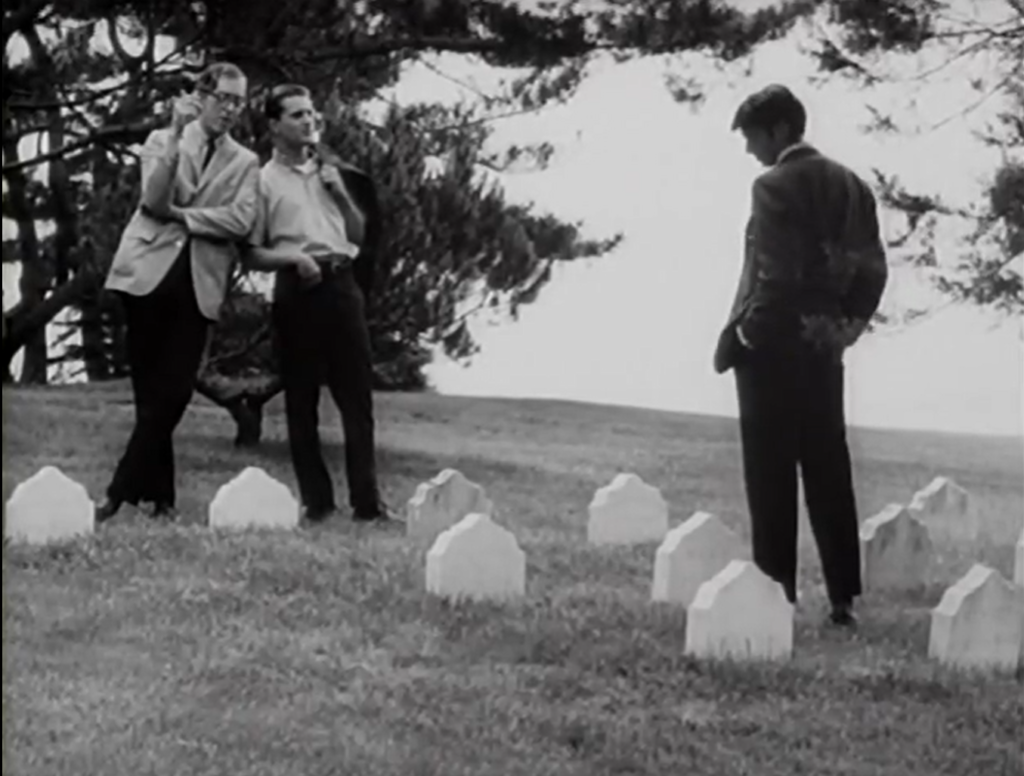
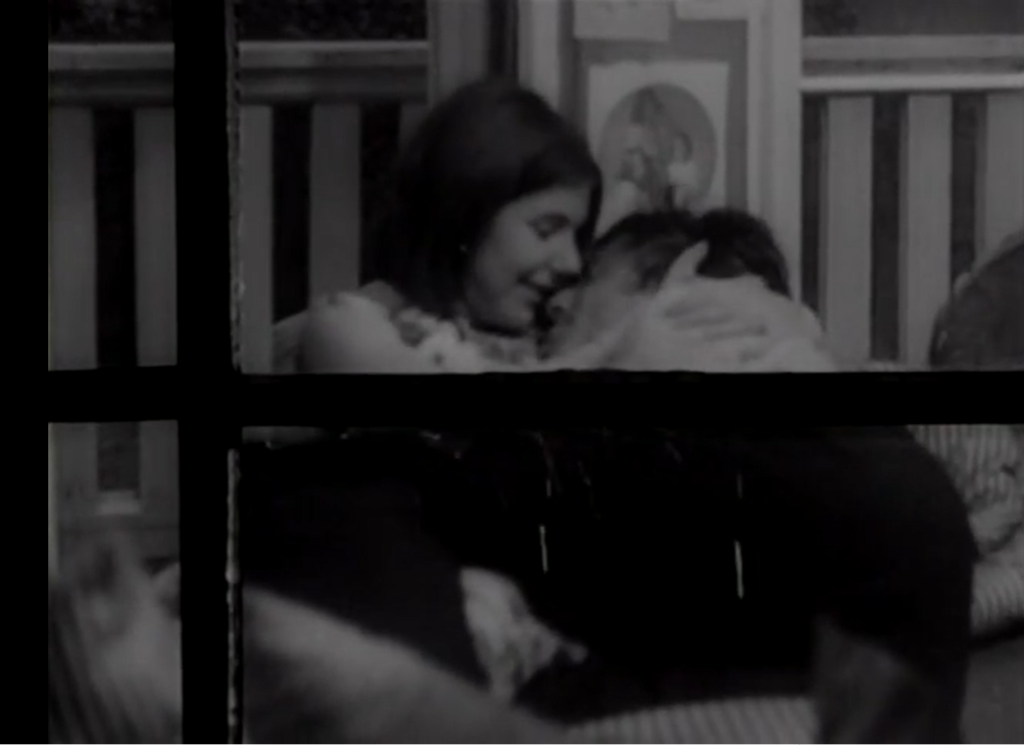
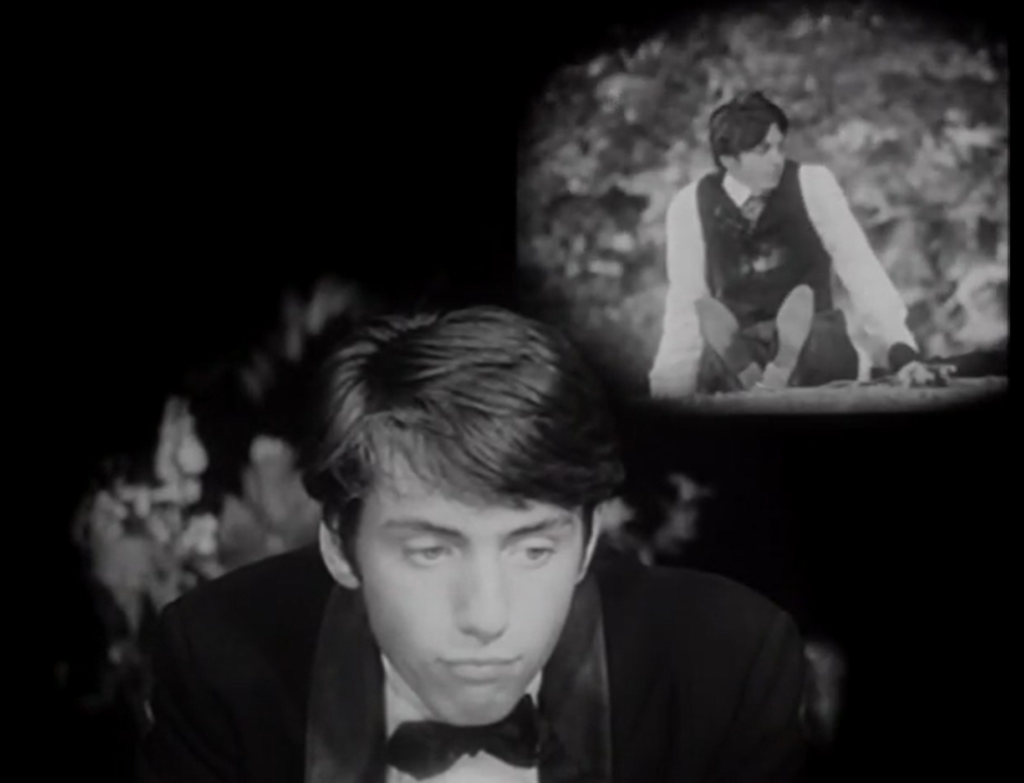
Must See?
No; you can skip this one unless you’re a De Palma completist. Listed as a Cult Movie in the back of Peary’s book.
Links:
|
One thought on “Wedding Party, The (1969)”
First viewing. Not must-see.
De Palma tries to enliven a generally bland script – with little success. It doesn’t help that the focus is on what inherently makes all wedding periods similar, rather than what might make this one different. Its quirky tone is a bit like Altman’s ‘A Wedding’, only this is a whole lot less interesting (though a few of the performances have welcome moments that elevate: Valda Setterfield as Mrs. Fish; Judy Thomas as Celeste; John Braswell as Rev. Oldfield; Sue Ann Converse as The Nanny).
15 minutes in, I was ready to throw in the towel. It doesn’t improve that noticeably from that point on.
(I find that I don’t particularly understand how Clayburgh ended up having a career. She followed this with a number of performances which were, overall, the same sort of irritating-sounding, unlayered displays. It’s like she only knew how to do one thing.)